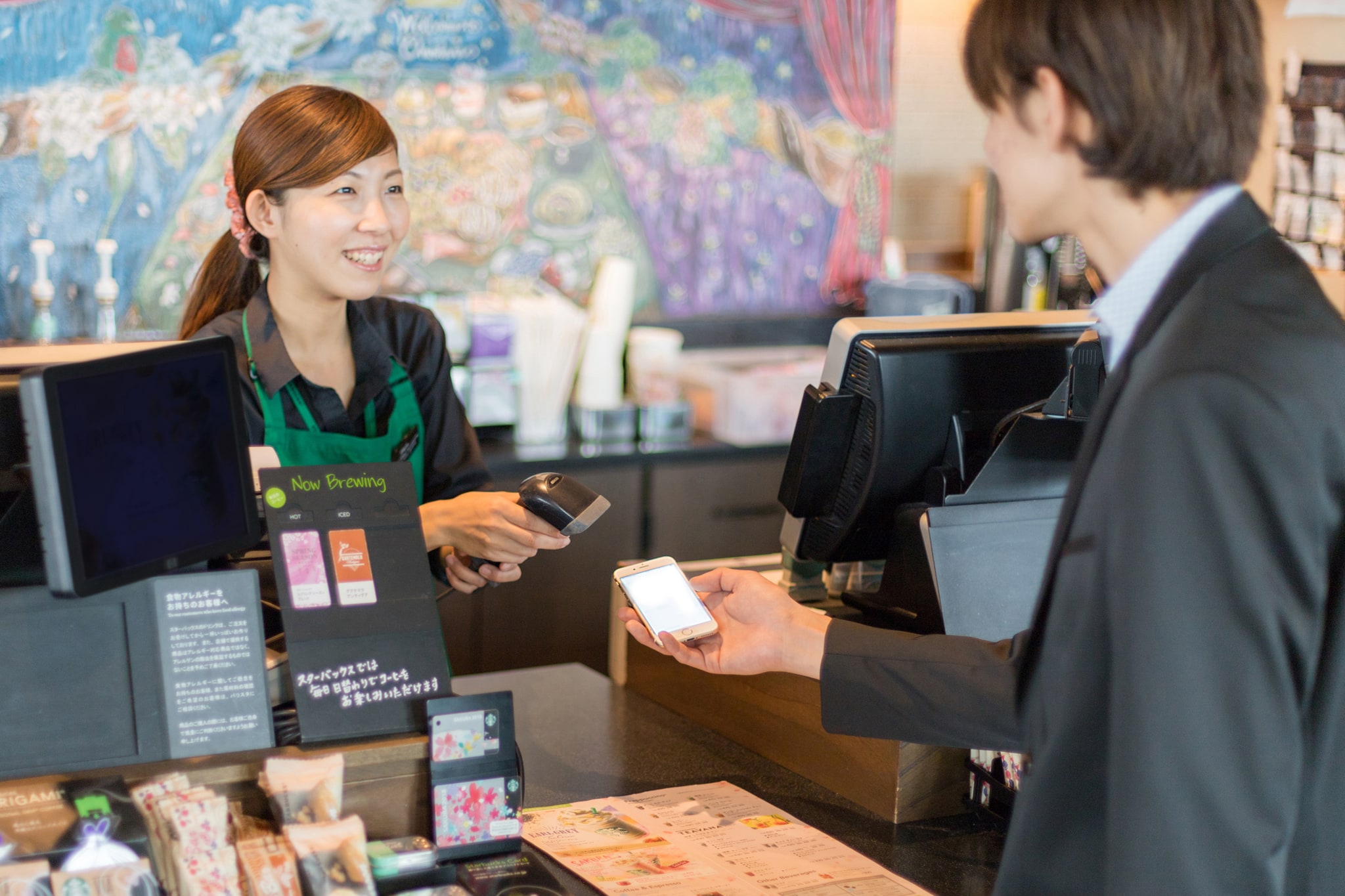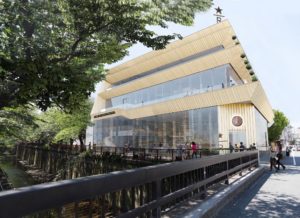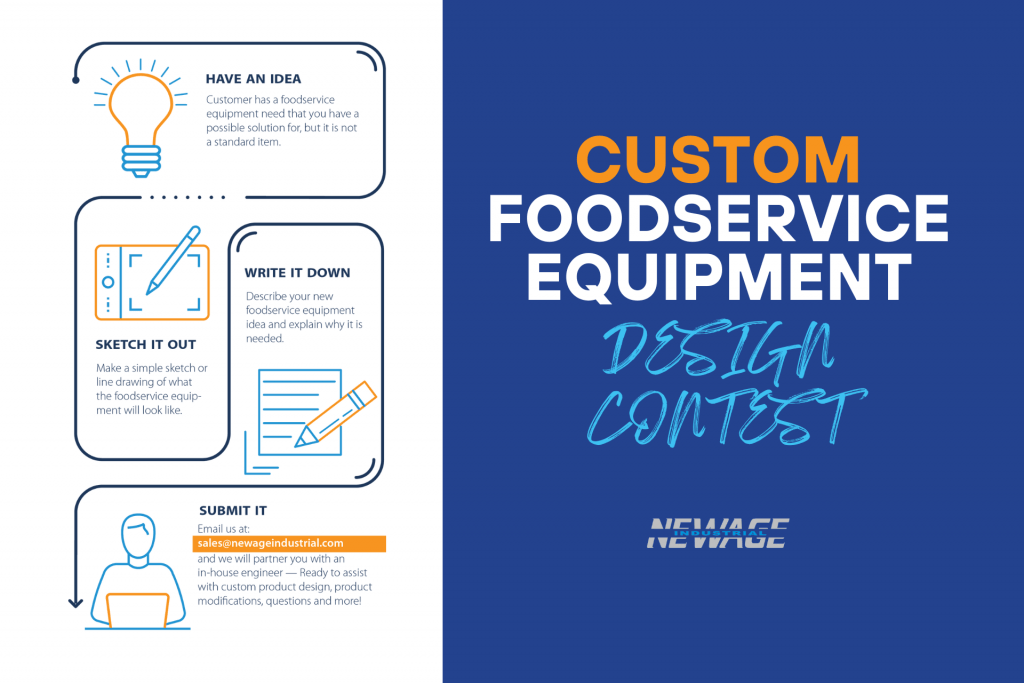
Starbucks announced comprehensive plans to boost its presence in Japan last week.
Over the next three years, the coffee giant has pledged to bring the store count to a total of 1,700 across Japan – equating to 100 new stores opening each year until 2021.
The expansion should easily make Starbucks the biggest coffee chain in the region, with erstwhile challengers like Doutor Coffee left in the shade.
 According to Kevin Johnson, Starbucks president and CEO: “We continue to thoughtfully evolve within Japan’s elevated coffee culture to maintain a leadership position and achieve profitable growth for the long term.”
According to Kevin Johnson, Starbucks president and CEO: “We continue to thoughtfully evolve within Japan’s elevated coffee culture to maintain a leadership position and achieve profitable growth for the long term.”
Technology will play a central role in this cultural evolution. The standout step will be rolling out the Starbucks menu direct to customers via Uber Eats Japan, currently being piloted in selected Tokyo, Shinjuku and Roppongi stores. Starbucks aims to start scaling this programme up within two years.
The announcement of a strategic collaboration with LINE, a social platform in Japan, to develop digital payment technology, marks another key development. The first phase of the partnership is scheduled for early 2019, connecting Starbucks to LINE’s 78 million users across the country.
Performance boost or caffeine jitters?
This is a significant surge in Starbucks’ Japanese presence, and in a market teeming with big-name competitors. Will supply outstrip demand?
How the impending coffee deluge will be received remains to be seen. But it should be pointed out that Starbucks’ recent announcements are tapping into wider market trends.
 Commentators are suggesting traditional chains will have to adapt to on-demand solutions like Uber Eats and Deliveroo to survive and thrive. In China, WeChat has already proved the potential of social media to revolutionise food delivery payments; the format could well cross the East China Sea via LINE and other social networks.
Commentators are suggesting traditional chains will have to adapt to on-demand solutions like Uber Eats and Deliveroo to survive and thrive. In China, WeChat has already proved the potential of social media to revolutionise food delivery payments; the format could well cross the East China Sea via LINE and other social networks.
Moreover, Starbucks is combining its technology-driven expansion with a wave of environmental consciousness. Starbucks Japan has pledged to fully transition to strawless lids and alternative-material straws by mid-2020. In doing so it aligns with the company’s existing global commitments on single-use plastics, as well as promises made on sustainability by other conglomerates like Coca-Cola and PepsiCo.
So new investment in technology combined with heightened corporate responsibility is part of a new global norm in foodservice, one providing a backdrop for any company driving towards expansion. Starbucks is a bellwether for the whole convenience market in the Asia Pacific region; consultants should take note.
Thomas Lawrence




